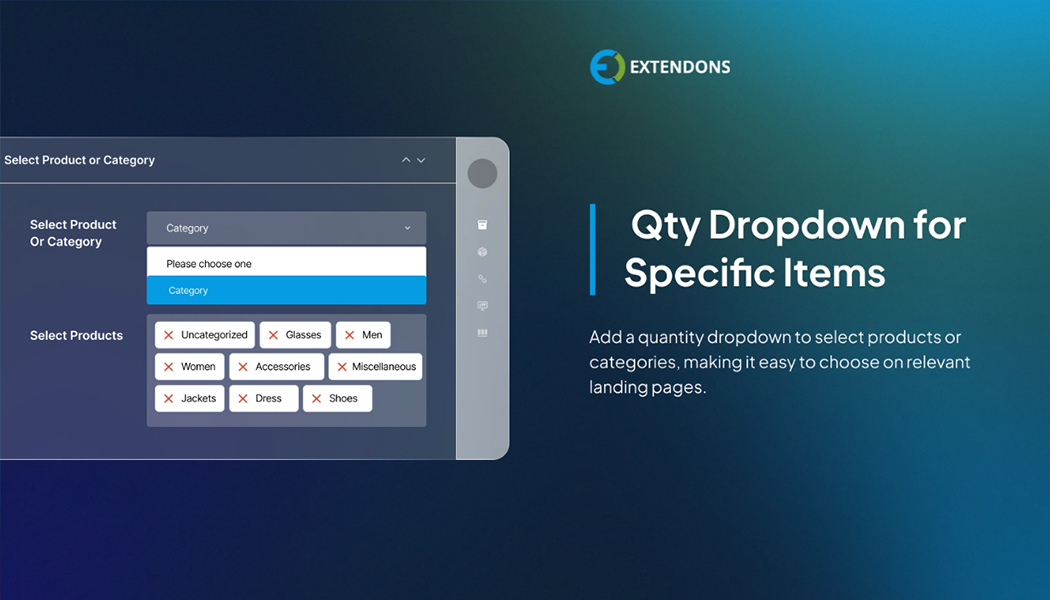E-commerce Fulfillment Explained: How It Works and Why It Matters
As people shift from shopping in brick-and-mortar stores to online shopping, e-commerce fulfillment has emerged as a crucial function of many businesses. This is because it helps to ensure customer satisfaction as well as business success.
Irrespective of the size of your business, be it a small online boutique or a global online store, understanding e-commerce fulfillment, how it works, and why it matters can significantly impact your bottom line.
Demystifying e-commerce fulfillment
The term ‘e-commerce fulfillment’ is used to mean the entire process- storing, packing, and shipping- involved when customers purchase goods online. These processes begin as soon as a customer places an order and end when they receive what they ordered at their doorstep.
Generally, there are three main ways that are used to manage e-commerce fulfillment:
- In-house fulfillment – offers companies total control over their products, but can be labor-intensive
- Third-party logistics (3PL) involves partnering with a 3PL provider and offloading logistics to a specialized provider offering professional warehousing and shipping services.
- Dropshipping - it’s selling merchandise you don’t physically stock, leaving your suppliers to ship orders directly to the buyers.
How e-commerce fulfillment works
We can break down e-commerce fulfillment into several key steps:
Receiving inventory - it involves receiving and storing products in a warehouse—either your facility or a 3PL-managed one.
Storage and inventory management - the systematic organization of items for easy access. There is also real-time inventory tracking using specialized tools to avoid overstocking and stockouts.
Order processing - once a customer orders an item, the fulfillment team gets the item from the store, packages it securely, and prepares it for shipment. You can partner with reliable e-commerce fulfillment providers like Packageman to handle order processing and all the functions involved to get online purchases to the customers.
Shipping involves the transportation of orders using various carriers like FedEx, UPS, or local courier companies. Usually, fulfillment centers try to negotiate for better rates as they move high volumes.
Returns management - efficient handling of reverse orders or returns for a positive customer experience and quick inventory recovery.
The importance of e-commerce fulfillment
Below are some of the reasons why e-commerce fulfillment matters:
Customer satisfaction
It’s crucial to have accurate and timely delivery of orders to ensure customers are happy and satisfied. With a reliable fulfillment process, shipping errors are significantly reduced, resulting in positive reviews and repeat business.
Cost efficiency
Online sellers can save a lot on operational costs by outsourcing to 3PL because it eliminates warehousing facilities, staff costs, and packaging materials. There are also further savings realized from bulk shipping that attract discounts and optimization of logistics routes.
Business scalability
With the growth of your e-commerce venture, there is a need for a solid fulfillment system to enable scaling efficiently without compromising the quality of services. Partnering with a third-party provider works well as they can quickly adapt to order volume fluctuations.
Focus on core business
Online sellers need to dedicate more time to marketing, customer engagement, and product development as these are their core activities. Delegating e-commerce fulfillment to specialized providers can free the online business to have more time and resources to focus on its core activities.
Competitive advantage
In the cut-throat business world, fast and reliable fulfillment gives your brand a competitive edge. Ensuring fast delivery and meeting customer expectations can set your company apart.
Conclusion
E-commerce fulfillment goes beyond shipping products because it’s a strategic component with an impact on every aspect of your company. It’s vital to understand how it works and why it matters. You also need to choose the right fulfillment model to improve customer satisfaction, enhance efficiency, and drive your business growth.




